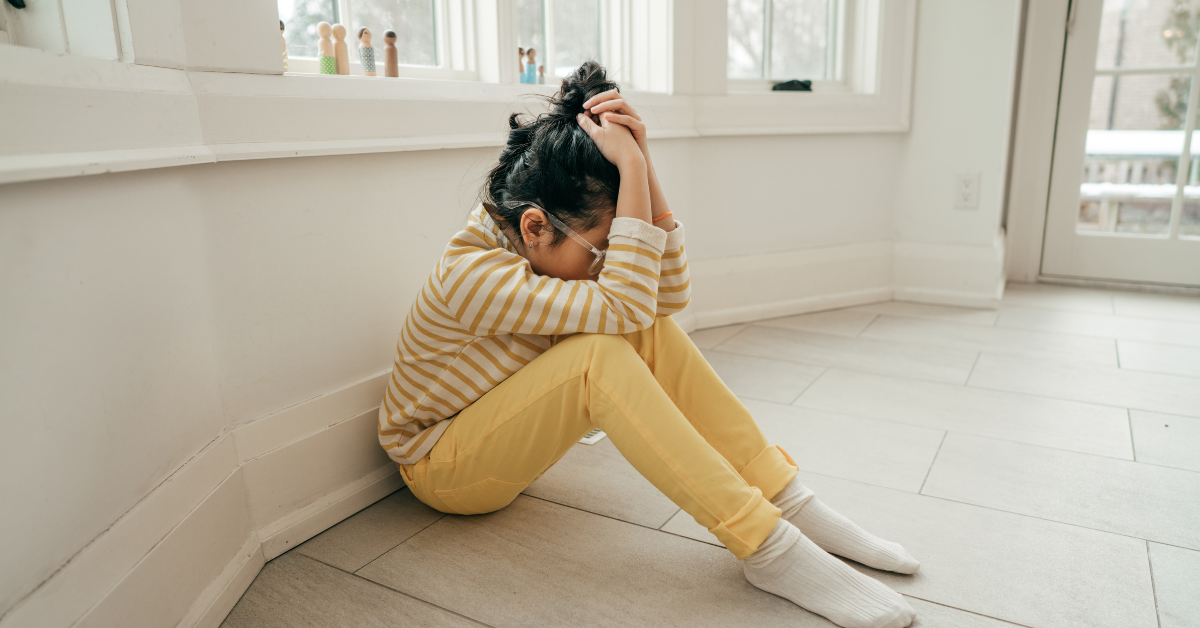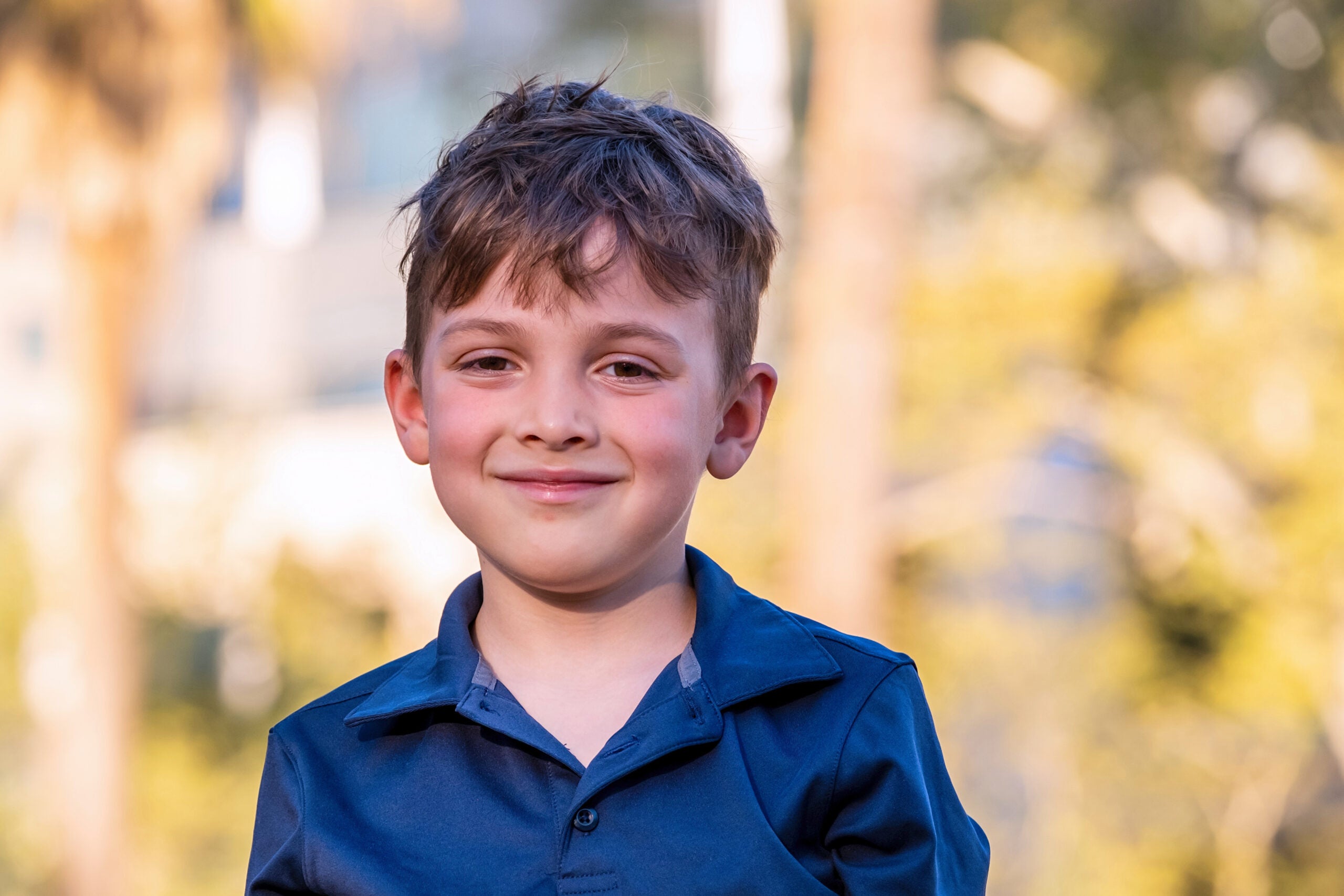Growing up means coming into contact with new emotions every single day. The fact that your child is discovering, struggling with, or reacting to new thoughts and emotions isn’t a sign of trouble. However, it’s also crucial for parents not to dismiss red flags. So, how do you know when actions you’re seeing in your child are warning signs?
Signs of Anxiety in Children and Teens
Does the term “worry wart” apply to your child? Do you notice that situations easily trigger worried or panicked reactions? Anxiety could be a part of your child’s life. Anxiety is especially common in children coming from foster-care situations because they’ve often experienced dramatic “losses of control” in their lives. For many, life seems like a script where they are always waiting for the bottom to drop out. However, a child doesn’t need to have a history of tumult or trauma to suffer from anxiety, even though they are often precursors.
Here are the signs and behaviors that might stand out if your child has anxiety:
- Recurring fears or worries.
- Phobias of objects, places, words, or events.
- Frequent complaints of headaches and stomachaches with no known medical causes.
- Refusal to eat in public places.
- Refusal to use restrooms away from home.
- Sudden changes in eating habits.
- Restlessness.
- Being easily distracted.
- Avoidance of difficult situations.
- Avoidance of new situations.
- Chronic poor sleep.
- Social withdrawal.
- Shaking or sweating in intimidating situations.
- Constant tense muscles (muscle guarding).
- Explosive outbursts.
- Inability to handle constructive criticism.
- Compulsive handwashing.
- Compulsive organizing.
- Refusing to talk to others in school or social settings.
- Constant doubting of skills and abilities.
- Intense fear of losing a parent.
- Separation anxiety.
- Obsessive thoughts or worries.
- Extreme worry over tests or grades.
Many kids with anxiety also experience panic attacks. This can be a terrifying experience for both children and their parents. Many people report feeling like they are “going to die” during a panic attack. Common signs include sweating, trembling, rapid pulse, chills, weakness, dizziness, chest pain, and numbness. Not all kids with anxiety experience all signs of anxiety. What’s more, focal points of anxiety may change and evolve over time.






